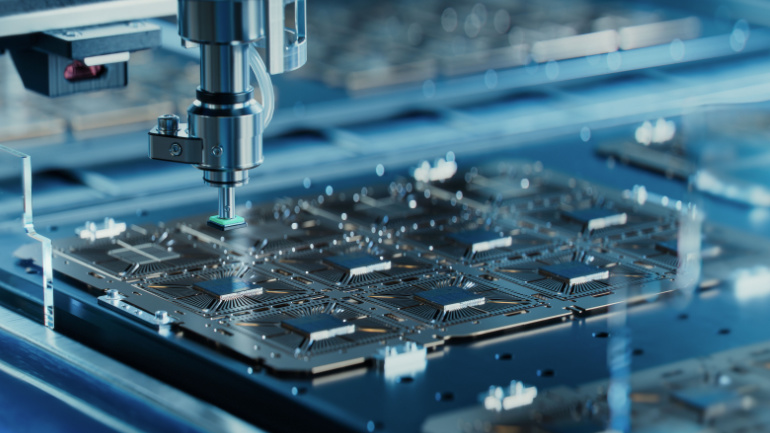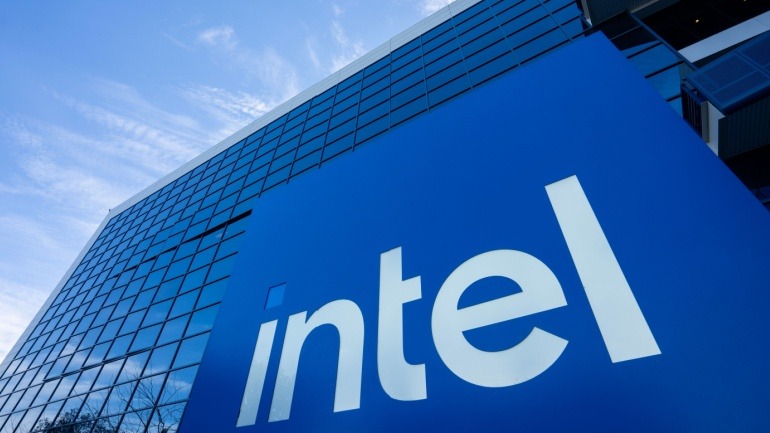In a significant move to strengthen its position in the global semiconductor industry, the Japanese government has committed approximately $307 million in subsidies to a high-profile semiconductor project. This initiative brings together major players NTT from Japan, Intel from the United States, and South Korea’s SK Hynix. Their collaboration focuses on the development of advanced optical semiconductor technology, which promises faster data processing speeds and reduced energy consumption compared to traditional electrical semiconductors.
The consortium, comprising experts from these leading technological nations, aims to start rolling out products based on this innovative technology by 2027. Ken Saito, Japan’s Minister of Economy, Trade and Industry, expressed optimism about the project’s potential impact, highlighting its anticipated role in facilitating quicker communications and lowering power consumption.
This development is part of broader efforts in Western countries to enhance local chip production capabilities and reduce dependence on Chinese semiconductor imports. Over the past year, Japan has been actively reinforcing its semiconductor industry, primarily through strategic investments in domestic chip production and related technologies. These efforts are geared towards establishing a distinct presence in the global market.
A notable step in this direction was last summer’s acquisition by the Japan Investment Corporation (JIC) of JSR, a leading microelectronics specialist, for $6.4 billion. JSR, a front-runner in the photoresist market essential for chip manufacturing, plays a crucial role in the global semiconductor landscape.
Moreover, the Japanese government has been actively supporting foreign collaborations, as evidenced by the $1.3 billion subsidy provided to US-based Micron for establishing a semiconductor facility in Hiroshima. Additionally, in a move to bolster its semiconductor packaging capabilities, the JIC acquired Shinko Electric Industries, a division of Fujitsu, for about $4.7 billion.
JIC CEO Keisuke Yokoo highlighted the challenges faced by Japan’s medium-sized enterprises in the highly competitive global microelectronics market. He emphasized the necessity of government support to enable these firms to contend with industry giants from the US and China, thus maintaining Japan’s competitive edge on the international stage.







